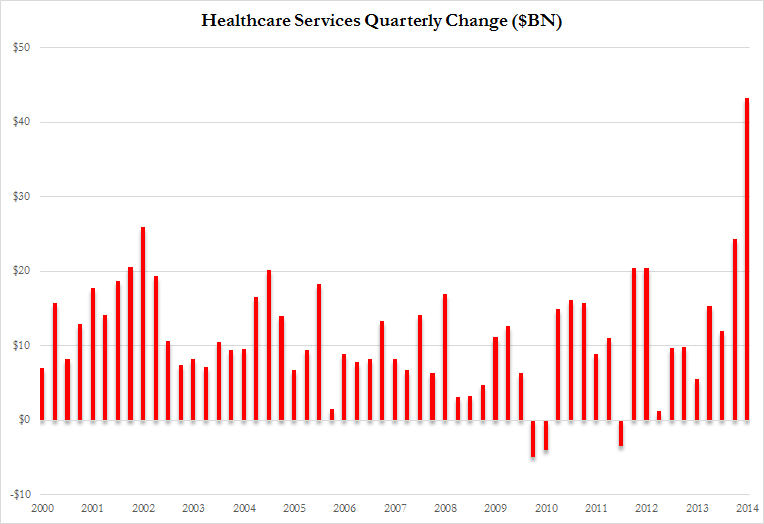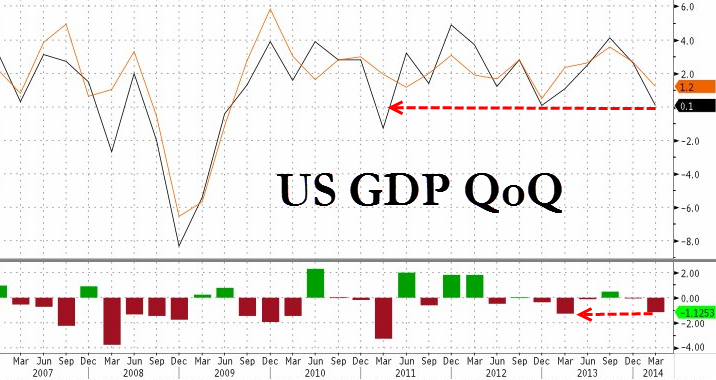From the article:
The leaders of the Developed World have chipped away at the solidity that would ordinarily justify confidence in their leadership, markets and currencies, such that confidence can be lost at any moment. If confidence in a sound system is unfairly lost, then countertrend forces can act to stem the panic and restore stability. But a justified loss of confidence in an unsound system would generate much more damage and be, for a period of time and price, unstoppable. That result is what governments have risked by their poor policies, their lack of attention to the risks posed by the inventions of the modern financial system, and their neglect of the fiscal balance sheet. Since this combination is relatively new, particularly the enormity of Developed World debt and obligations, as well as the complexity and extraordinarily high leverage of the financial system (especially given the size of derivatives books), there is no way to tell exactly how it all will end. Badly, we guess.

– Elliott’s Paul Singer On How It All Will End: “Badly, We Guess” (ZeroHedge, April 29, 2014):
Some less than pleasant observations from the billionaire founder of Elliott Management, Paul Singer, extracted from his periodic letter to clients.
AMERICA’S LIABILITIES
The budget deficit for the latest fiscal year (which ended on September 30) was reported to be around $700 billion. However, this figure would be many times higher if the government’s unfunded entitlement programs were included. Even before taking into account liabilities stemming from the Affordable Care Act (ACA), which cannot even be calculated yet because so many of its assumptions are either erroneous or outright fabrications, and because many of its provisions keep getting delayed by the Administration for purposes of political advantage, the present value of the future obligations of the federal government is currently around $92 trillion. These obligations have been growing by over 10% per year since 2000, during which time nominal GDP has risen just 3.8% per year. At this rate, the federal government will owe an estimated $200 trillion on the entitlement programs by 2021 (again, excluding the effects of ACA) and $300 trillion by 2025.
These numbers are not fantasies. At present, there is no acknowledgement by a large portion of the American political establishment that this insolvency even exists. Nor have the leaders of this establishment made any concrete progress toward restoring solvency by taking up serious proposals to rein in unpayable promises. Quite the contrary: Politicians and policymakers continually tell people that such entitlement obligations will be met – a claim they must know cannot possibly be true.
Read moreHow It All Will End: ‘Badly, We Guess’
















